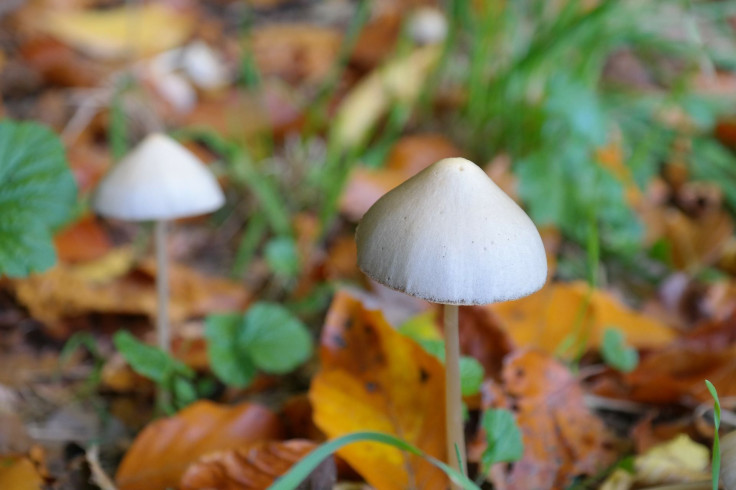Psilocybin Dangers: Researchers Warn Of ‘Magic Mushroom’ Risks

Magic mushrooms shouldn’t be taken lightly — that’s the message researchers are trying to get across after collecting information about “bad trips.”
A study in the Journal of Psychopharmacology says a survey of almost 2,000 people’s “single most psychologically difficult or challenging experience after consuming psilocybin mushrooms” revealed a lot of negative consequences to taking the psychedelic drug, yet most people still thought it was one of the most valuable experiences of their lives. Psilocybin is the compound in certain mushrooms that gives them their hallucinogenic quality.
Read: What Shrooms Do To Your Brain
More than one in 10 said the bad trip put themselves or others in physical danger, including from violent behavior, and 2.7 percent received medical help. There were also mental consequences: “Three cases appeared associated with onset of enduring psychotic symptoms and three cases with attempted suicide.” However, despite all of that, “84 percent of respondents reported having benefited from the experience, with 76 percent reporting increased well-being or life satisfaction.”
“The counterintuitive finding that extremely difficult experiences can sometimes also be very meaningful experiences is consistent with what we see in our studies with psilocybin,” Roland Griffiths, psychopharmacologist and professor of psychiatry and behavioral sciences and neurosciences at the Johns Hopkins University School of Medicine, said in a statement from the university. “Resolution of a difficult experience, sometimes described as catharsis, often results in positive personal meaning or spiritual significance.”
Researchers have been exploring the potential medical benefits of magic mushrooms for a while. Studies have suggested that the psychedelic could treat people with depression or relieve the psychological effects of cancer.
Read: 5 Poisons Used As Medicines
Among the factors that made for a bad trip, according to the new study, are taking the drug without being in a place of physical comfort or safety and not having social support from someone trustworthy — factors that do not appear when psilocybin is administered in a medical setting for therapeutic purposes. However, the research does not comment on how often these bad trips occur when taking shrooms, as it did not seek information about good trips.
“Considering both the negative effects and the positive outcomes that respondents sometimes reported, the survey results confirm our view that neither users nor researchers can be cavalier about the risks associated with psilocybin,” Griffiths said, like psychological distress and dangerous behavior.
Source: Griffiths RR, Carbonaro TM, Bradstreet MP, et al. Survey study of challenging experiences after ingesting psilocybin mushrooms: Acute and enduring positive and negative consequences. Journal of Psychopharmacology. 2016.
See also:



























